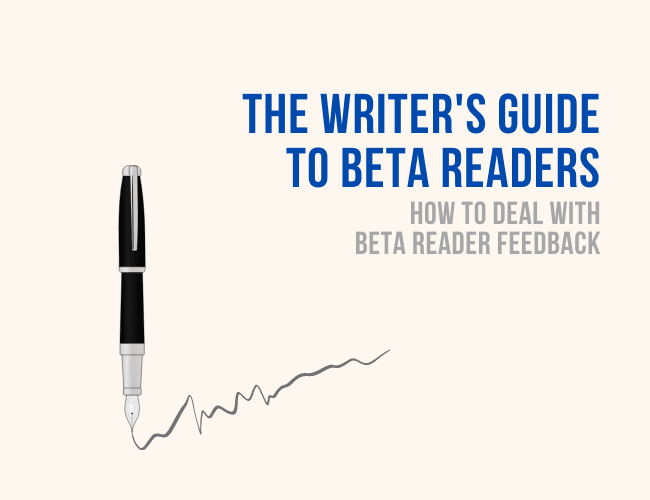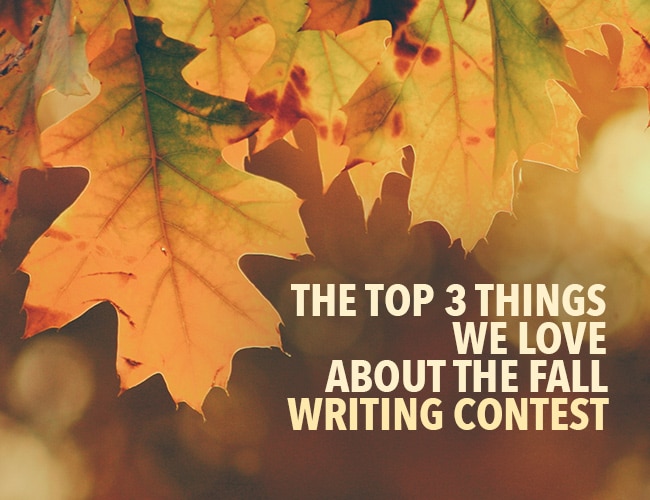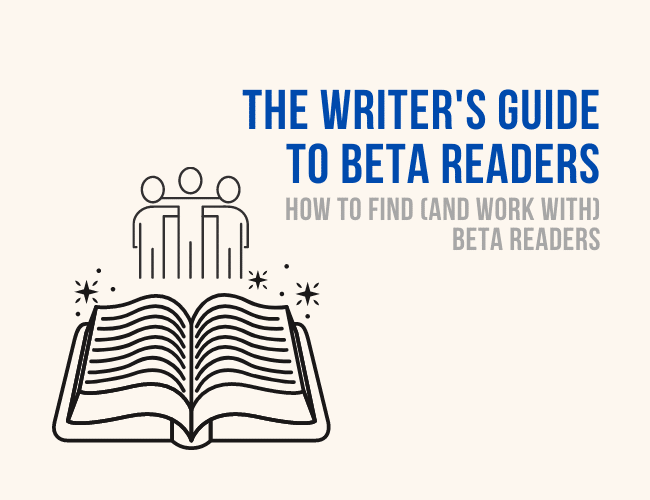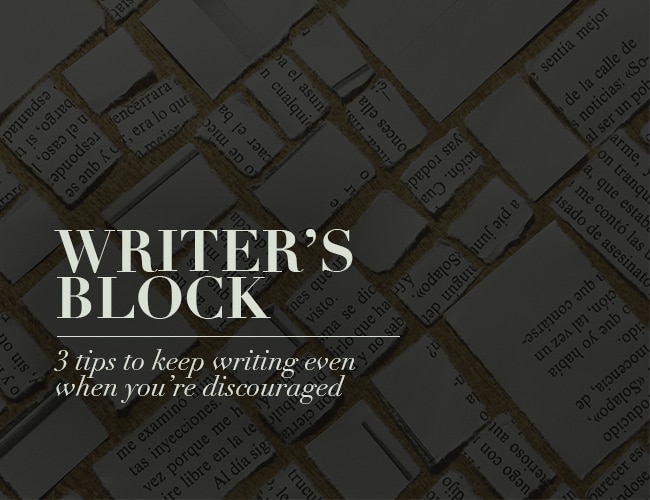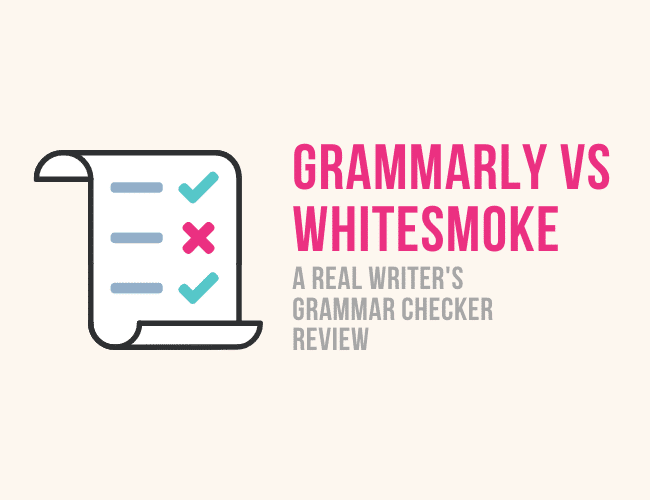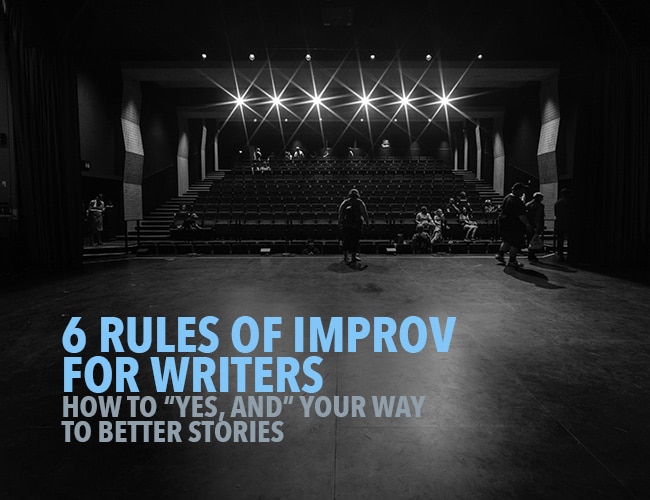When new writers ask, “How do I succeed as an author?” the advice they most often receive is, “Write to market.”Popularized by Chris Fox’s 2016 book, Write to Market: Deliver a Book that Sells, the strategy requires authors to pick a genre to write in, study the tropes of that genre of books that are currently selling, and then write a book in that genre that fits all the existing tropes. While many authors struggle to embrace this concept, by changing our perspective on it, we will find it empowering rather than limiting.

